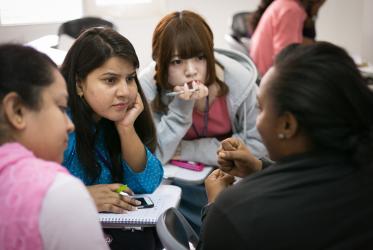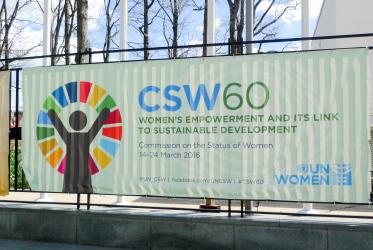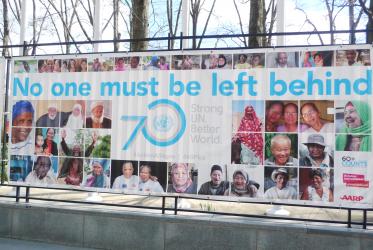Displaying 1 - 17 of 17
29 April 2019
Symposium focuses on religion, violence, extremism
04 February 2016
Assembly renews churches’ commitment towards justice and peace
08 November 2013
Concern and solidarity for Bangladesh
17 May 2013












